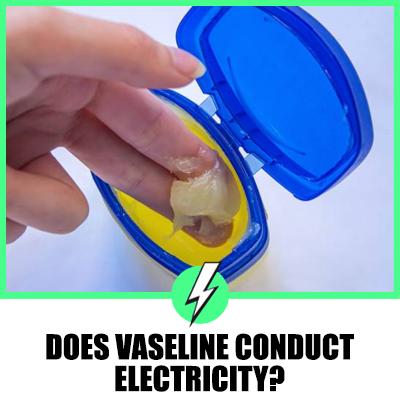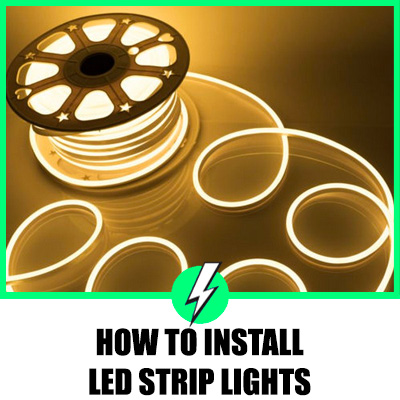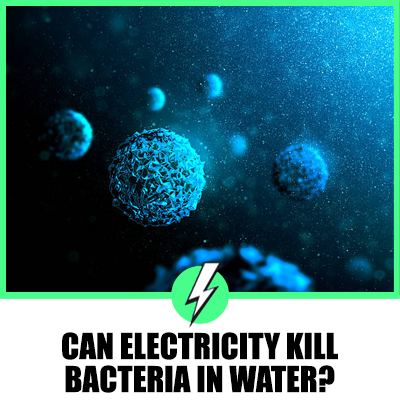Does Vaseline Conduct Electricity? A Detailed Analysis
Vaseline, also known as petroleum jelly, is a common household item with a wide range of uses.
From skincare to DIY hacks, it’s a versatile product that’s found in almost every home.
But one question that often comes up is whether Vaseline conducts electricity.
This article aims to answer this question and provide a comprehensive understanding of Vaseline’s electrical properties.

Contents
Does Vaseline Help Electrical Connections?
Yes, Vaseline can indeed help electrical connections.
It is often used in the automotive industry to prevent corrosion on battery terminals and other electrical connections.
By applying a thin layer of Vaseline over the metal parts, it forms a protective barrier that keeps out moisture and air, thereby preventing rust and corrosion.
Is it OK to use Vaseline on Battery Terminals?
It is perfectly fine to use Vaseline on battery terminals.
In fact, it is a common practice among car owners and mechanics.
The Vaseline acts as a barrier, preventing the battery terminals from coming into contact with the air and moisture, which can lead to corrosion.
However, it is important to clean the terminals thoroughly before applying the Vaseline.
Is Vaseline a Conductor or Insulator?
Vaseline is an insulator, not a conductor.
This means it does not allow the flow of electric current.
This property makes it safe to use in various applications, including electrical connections.
Is Vaseline a Dielectric?
Yes, Vaseline is a dielectric.
A dielectric material is one that does not conduct electricity but can support electrostatic fields.
In other words, while it does not allow the flow of current, it can hold and separate electric charges.
This makes Vaseline an excellent choice for applications where insulation is needed.
Insights from Online Discussions
Online discussions provide a wealth of information and diverse perspectives on the electrical properties of Vaseline.
Here are some insights gleaned from these discussions:
- Quora Discussion: A user on Quora explains that Vaseline is a good insulator and can be used to protect electronic connections. However, they caution that it should not be used inside electronic devices as it can attract dust and cause problems.
- Facts Maniya Discussion: A user on Facts Maniya agrees that Vaseline is a good insulator and can be used to protect against moisture. However, they caution that it should not be used in high-temperature environments as it can melt and cause a mess.
- Techie Scientist Discussion: A user on Techie Scientist provides a detailed explanation of dielectric grease, which is often compared to Vaseline. They explain that dielectric grease is also an insulator and is used in many of the same applications as Vaseline, such as protecting electrical connections.
- YouTube Video: A YouTube video demonstrates that both Vaseline and dielectric grease slightly increase the resistance of wire connectors, indicating that they are non-conductors.
- Grassroots Motorsports Discussion: A user on Grassroots Motorsports reveals that while Vaseline can be used as a substitute for dielectric grease, it can degrade rubber and plastics over time and is combustible.
Implications for the UK and US Audience
For both the UK and US audience, understanding the electrical properties of Vaseline is crucial.
In both countries, Vaseline is widely used in a variety of applications, from skincare to DIY hacks.
The fact that it is an electrical insulator makes it safe to use in various applications, including electrical connections.
For instance, in the automotive industry, Vaseline can be used to prevent corrosion on battery terminals, a common issue in both the UK and US due to the damp climate.
Furthermore, the knowledge that Vaseline is a dielectric can open up new possibilities for its use.
These properties can be used in applications where insulation is needed, providing a versatile solution for a wide range of projects.
Conclusion
In conclusion, Vaseline does not conduct electricity.
It is an insulator and a dielectric, making it safe to use in various applications, including electrical connections.
However, care should be taken when using it in certain applications due to its potential to degrade certain materials and its combustibility.
As we continue to use and understand these substances, it’s important to keep in mind their properties and the implications of these properties on their use and safety.





